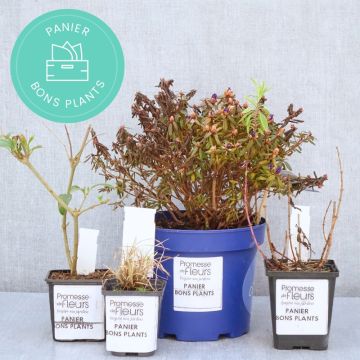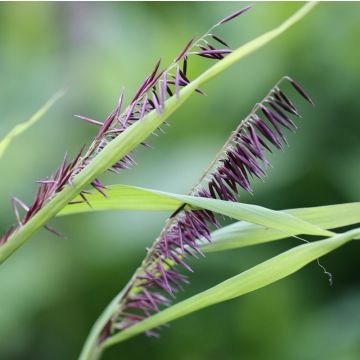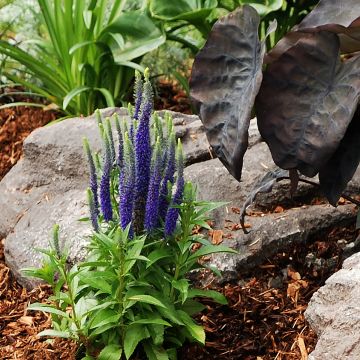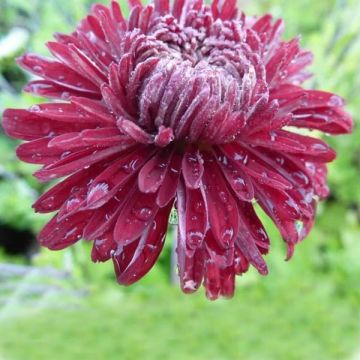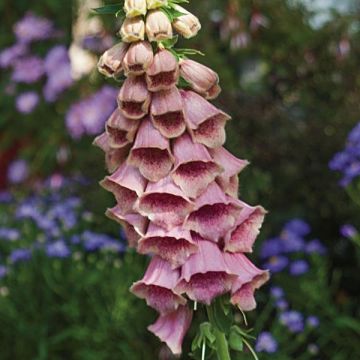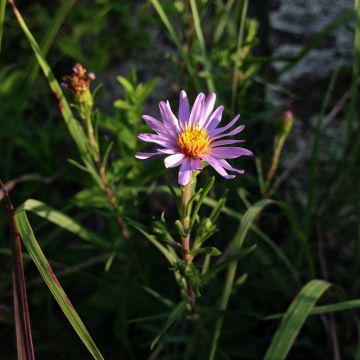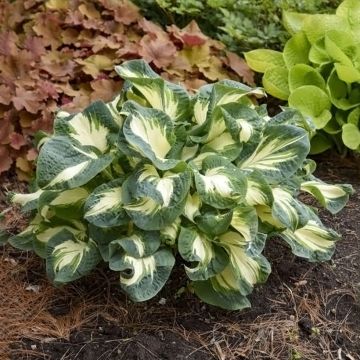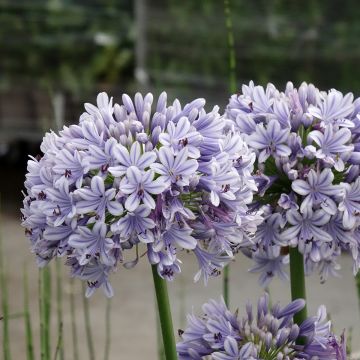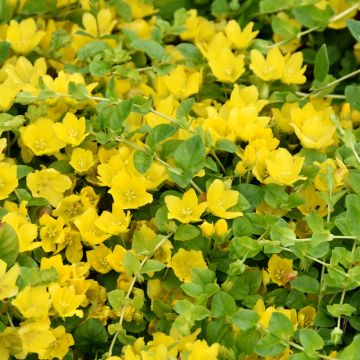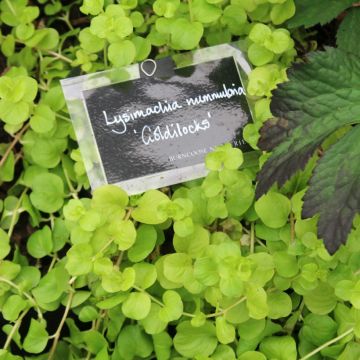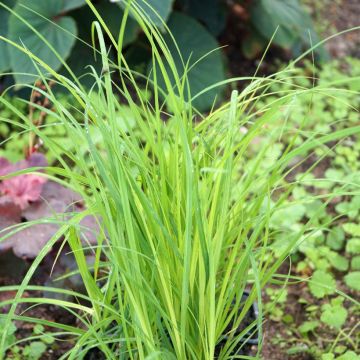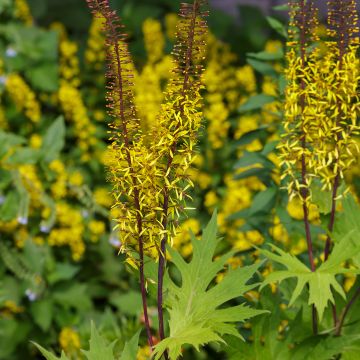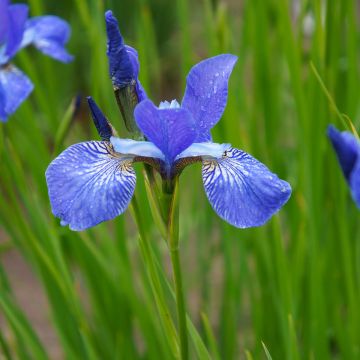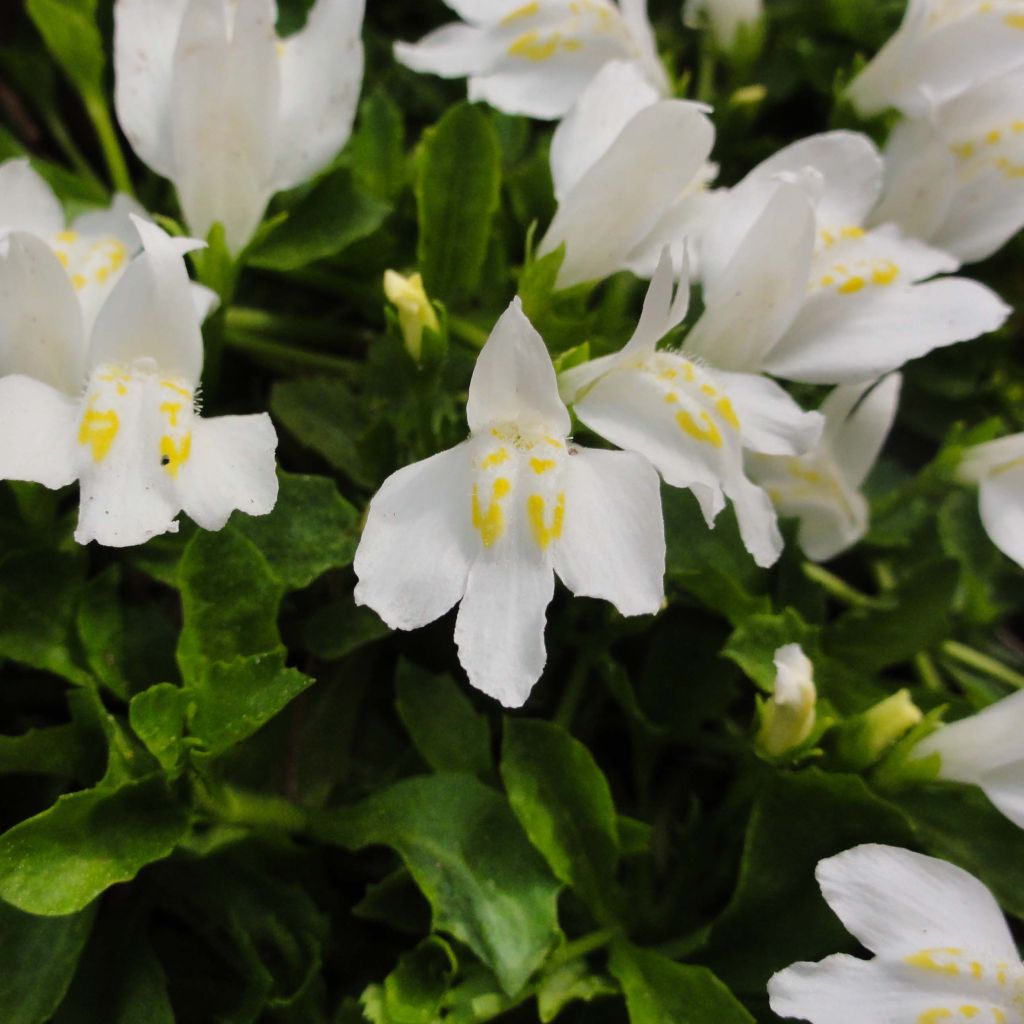

Mazus reptans Albus
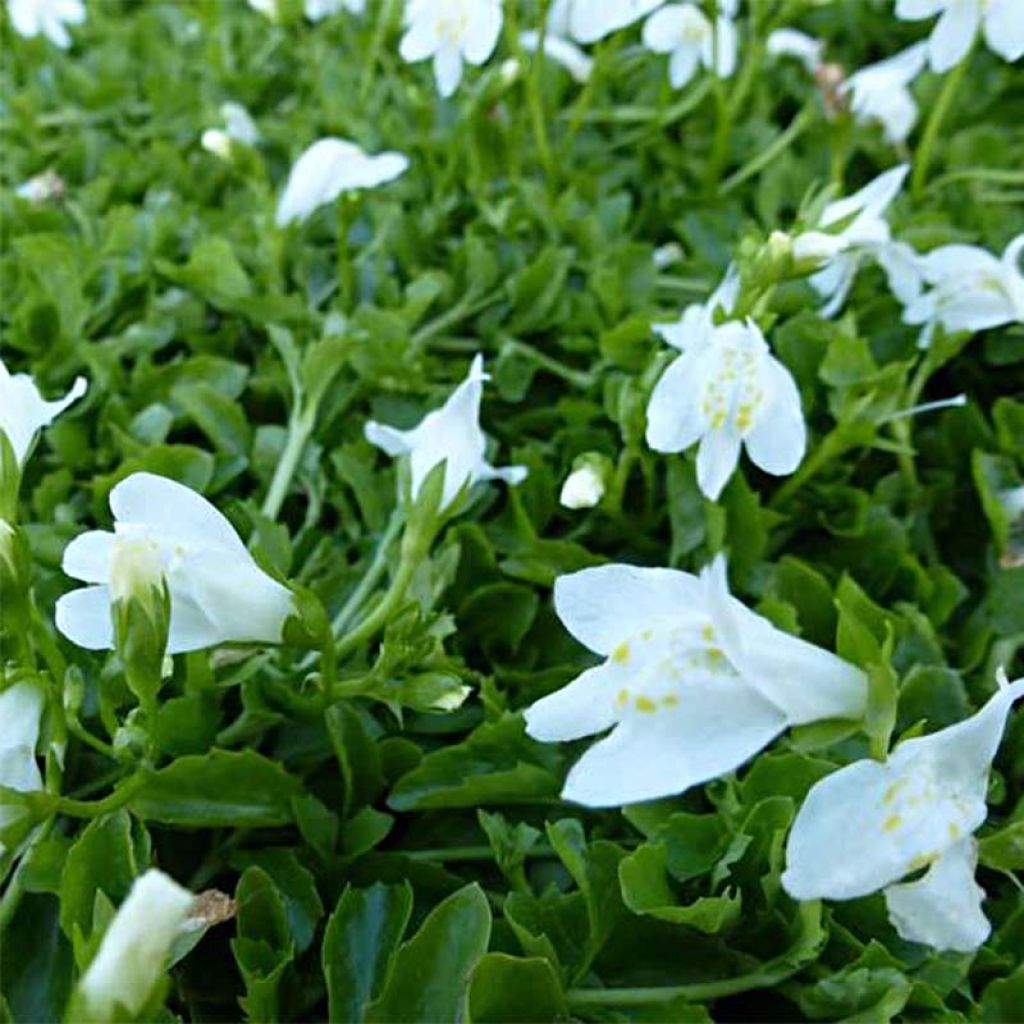

Mazus reptans Albus
Mazus reptans Albus
Mazus reptans Albus
Creeping Mazus, Cupflower
The plants arrived upside down in the cardboard box. This one is one of the ones that are doing the best, I'm waiting to see...
karine, 11/03/2024
Special offer!
Receive a €20 voucher for any order over €90 (excluding delivery costs, credit notes, and plastic-free options)!
1- Add your favorite plants to your cart.
2- Once you have reached €90, confirm your order (you can even choose the delivery date!).
3- As soon as your order is shipped, you will receive an email containing your voucher code, valid for 3 months (90 days).
Your voucher is unique and can only be used once, for any order with a minimum value of €20, excluding delivery costs.
Can be combined with other current offers, non-divisible and non-refundable.
Home or relay delivery (depending on size and destination)
Schedule delivery date,
and select date in basket
This plant carries a 12 months recovery warranty
More information
We guarantee the quality of our plants for a full growing cycle, and will replace at our expense any plant that fails to recover under normal climatic and planting conditions.
Would this plant suit my garden?
Set up your Plantfit profile →
Description
Mazus reptans 'Albus' is the white-flowered form of the creeping mazus, perfect for quickly forming a vast ground cover that brightens up the partially shaded and moist areas of the garden. It is a small perennial groundcover plant that is often used for ornamenting the edges of ponds where it works wonders. Creeping through stems that root at the nodes, it quickly forms a low, cushion-like carpet with a beautiful vibrant green colour, which is adorned throughout summer with a multitude of tiny delicate white flowers punctuated with yellow. This plant can tolerate light foot traffic. It has a striking effect in the gaps between paving stones and in damp rockeries. It can be easily grown in pots on a patio, which allows for easy protection from heavy frosts, as well as providing a drier soil in winter.
Mazus reptans 'Albus' belongs to the Mazaceae family. It is native to the wet areas of the Himalayas, where it thrives in swamps, wet meadows, and up to the edges of forests. It is a non-rhizomatous herbaceous and creeping species, with ramified and rooting stems that quickly spread to form a mat that reaches a minimum of 40cm (16in) in width but does not exceed an average height of 5cm (2in). The particularly long flowering period occurs from the middle of spring until the end of summer, depending on the climate. It consists of a multitude of small lavender-blue flowers that rise above the foliage on short peduncles. Tubular in shape, they have a small upper lip curled upwards and a lower lip divided into 3 lobes. The white, glandular, and hairy throat shows small yellow spots. The flowers give way to capsules containing seeds that easily germinate in humus-rich soil. The creeping stems bear small round leaves, 2.5cm (1in) in size, with a bright acidic green colour and finely dentate margins. The leaves persist throughout the year unless the winter is too harsh. In cold weather, they take on bronze tones. The plant can withstand temperatures as low as -10°C (14°F) in well-drained soil.
Mazus reptans 'Albus' is ideal for effectively covering the ground in cool to moist gardens, in regions that are not too cold. It is also perfect for adorning rockeries, moist banks, borders, the tops of walls, and of course, water features where it appreciates moist soil during the growing season. Its good tolerance to moderate trampling means it can be placed in the joints of paving or as an alternative to grass in less frequented areas. It can be combined with other ground cover plants such as Houttuynia 'Chameleon', as well as spring-flowering bulbs like crocuses or botanical narcissi, which will emerge from a beautiful and attractive green carpet throughout the year. To take over in shadier areas, consider Corsican mint (Mentha requienii). The exuberant Mazus reptans 'Albus' allows for charming decorations on a patio, with its flowering stems cascading from vases and flower pots.
Report an error about the product description
Mazus reptans Albus in pictures
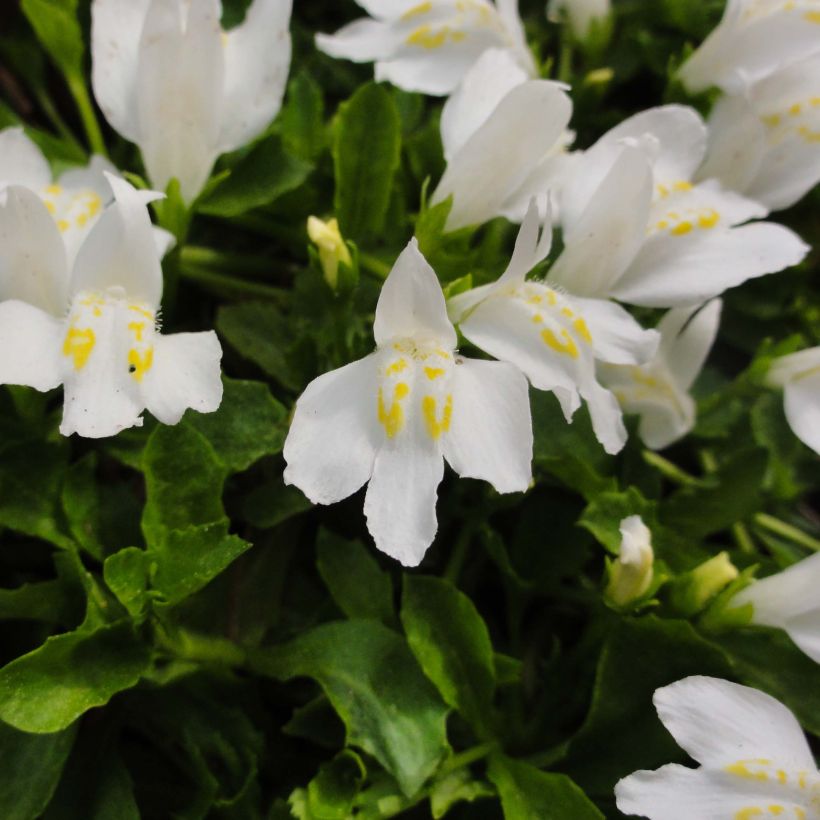

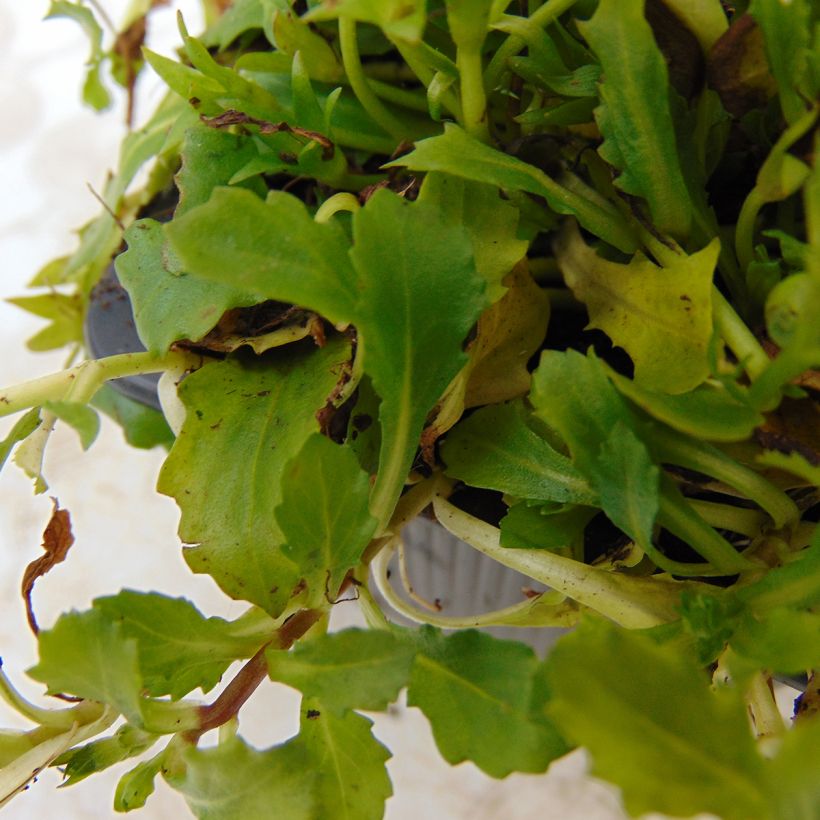

Flowering
Foliage
Plant habit
Botanical data
Mazus
reptans
Albus
Scrophulariaceae
Creeping Mazus, Cupflower
Himalayas
Other Perennials A to Z
View all →Planting and care
Mazus reptans 'Albus' is an aquatic plant, or semi-aquatic, to be planted in full sun or at most in partial shade. Plant it in spring or autumn depending on your region, in humus-rich and well-drained soil. The soil should remain moist to wet throughout the growing season, but sufficiently drained to allow the plant to survive winter. Its hardiness seems to be compromised at -10°C (14°F) in wet soil. In heavy soil, add gravel or coarse sand to the planting substrate. In poor or sandy soil, add well-decomposed compost. It generally prefers a slightly acidic to neutral substrate, low in limestone, or a peaty mineral soil such as a bog. Plan for 6 plants per square metre to quickly achieve a beautiful visual effect.
During the weeks following planting, as well as during the first summer, water regularly, especially during abnormally dry periods. Once well established, mazus can tolerate short periods of drought, provided that care is taken to renew the organic mulch installed at its base. In harsh climates, protect it with a thick layer of dead leaves.
Container cultivation:
Ensure that the substrate remains moist throughout the growing season. Add liquid fertiliser to the watering every 15 days, from April to August. Reduce watering in autumn and winter. Protect your potted mazus from severe frost by placing it near south-facing walls and covering it with a winter fleece. Repot every 2 to 3 years.
Planting period
Intended location
Care
-
, onOrder confirmed
Reply from on Promesse de fleurs
Similar products
Haven't found what you were looking for?
Hardiness is the lowest winter temperature a plant can endure without suffering serious damage or even dying. However, hardiness is affected by location (a sheltered area, such as a patio), protection (winter cover) and soil type (hardiness is improved by well-drained soil).

Photo Sharing Terms & Conditions
In order to encourage gardeners to interact and share their experiences, Promesse de fleurs offers various media enabling content to be uploaded onto its Site - in particular via the ‘Photo sharing’ module.
The User agrees to refrain from:
- Posting any content that is illegal, prejudicial, insulting, racist, inciteful to hatred, revisionist, contrary to public decency, that infringes on privacy or on the privacy rights of third parties, in particular the publicity rights of persons and goods, intellectual property rights, or the right to privacy.
- Submitting content on behalf of a third party;
- Impersonate the identity of a third party and/or publish any personal information about a third party;
In general, the User undertakes to refrain from any unethical behaviour.
All Content (in particular text, comments, files, images, photos, videos, creative works, etc.), which may be subject to property or intellectual property rights, image or other private rights, shall remain the property of the User, subject to the limited rights granted by the terms of the licence granted by Promesse de fleurs as stated below. Users are at liberty to publish or not to publish such Content on the Site, notably via the ‘Photo Sharing’ facility, and accept that this Content shall be made public and freely accessible, notably on the Internet.
Users further acknowledge, undertake to have ,and guarantee that they hold all necessary rights and permissions to publish such material on the Site, in particular with regard to the legislation in force pertaining to any privacy, property, intellectual property, image, or contractual rights, or rights of any other nature. By publishing such Content on the Site, Users acknowledge accepting full liability as publishers of the Content within the meaning of the law, and grant Promesse de fleurs, free of charge, an inclusive, worldwide licence for the said Content for the entire duration of its publication, including all reproduction, representation, up/downloading, displaying, performing, transmission, and storage rights.
Users also grant permission for their name to be linked to the Content and accept that this link may not always be made available.
By engaging in posting material, Users consent to their Content becoming automatically accessible on the Internet, in particular on other sites and/or blogs and/or web pages of the Promesse de fleurs site, including in particular social pages and the Promesse de fleurs catalogue.
Users may secure the removal of entrusted content free of charge by issuing a simple request via our contact form.
The flowering period indicated on our website applies to countries and regions located in USDA zone 8 (France, the United Kingdom, Ireland, the Netherlands, etc.)
It will vary according to where you live:
- In zones 9 to 10 (Italy, Spain, Greece, etc.), flowering will occur about 2 to 4 weeks earlier.
- In zones 6 to 7 (Germany, Poland, Slovenia, and lower mountainous regions), flowering will be delayed by 2 to 3 weeks.
- In zone 5 (Central Europe, Scandinavia), blooming will be delayed by 3 to 5 weeks.
In temperate climates, pruning of spring-flowering shrubs (forsythia, spireas, etc.) should be done just after flowering.
Pruning of summer-flowering shrubs (Indian Lilac, Perovskia, etc.) can be done in winter or spring.
In cold regions as well as with frost-sensitive plants, avoid pruning too early when severe frosts may still occur.
The planting period indicated on our website applies to countries and regions located in USDA zone 8 (France, United Kingdom, Ireland, Netherlands).
It will vary according to where you live:
- In Mediterranean zones (Marseille, Madrid, Milan, etc.), autumn and winter are the best planting periods.
- In continental zones (Strasbourg, Munich, Vienna, etc.), delay planting by 2 to 3 weeks in spring and bring it forward by 2 to 4 weeks in autumn.
- In mountainous regions (the Alps, Pyrenees, Carpathians, etc.), it is best to plant in late spring (May-June) or late summer (August-September).
The harvesting period indicated on our website applies to countries and regions in USDA zone 8 (France, England, Ireland, the Netherlands).
In colder areas (Scandinavia, Poland, Austria...) fruit and vegetable harvests are likely to be delayed by 3-4 weeks.
In warmer areas (Italy, Spain, Greece, etc.), harvesting will probably take place earlier, depending on weather conditions.
The sowing periods indicated on our website apply to countries and regions within USDA Zone 8 (France, UK, Ireland, Netherlands).
In colder areas (Scandinavia, Poland, Austria...), delay any outdoor sowing by 3-4 weeks, or sow under glass.
In warmer climes (Italy, Spain, Greece, etc.), bring outdoor sowing forward by a few weeks.






























